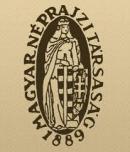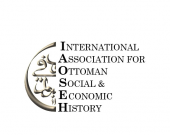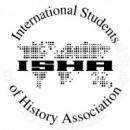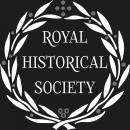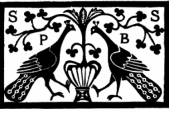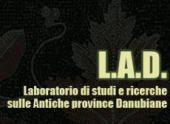|
| ||
| The Center for Democracy and Reconciliation in Southeast Europe is a non-governmental, non-profit organisation that seeks to foster democratic, pluralist, and peaceful societies in Southeast Europe. The Center advocates principles of social responsibility, sustainable development, and reconciliation among the peoples in the region. It accomplishes these goals via seminars, publications, conferences, research projects, exchange programmes, and opinion polls. | ||
| ||
| ||
| ||
| ||
|
| ||
| The European Society for Environmental History promotes the study of environmental history in all academic disciplines and encourages anyone who has an interest in the field to join and become involved. ESEH aims to: encourage the study of European environmental history in a comparative perspective; foster communication among environmental historians across Europe, and with colleagues elsewhere; promote the further institutional development of environmental history within secondary and tertiary education; promote the research and use of environmental history in academic programmes; strengthen the crucial link between environmental history, all policy-making, and the general public. In order to achieve these goals ESEH has developed a range of activities since its inception in 1999. | ||
| ||
|
| ||
| The International Association of Byzantine Studies (AIEB) was established in 1948. Its foundation emerged from the Byzantine congresses taking place at that time. One of the most important activities of the AIEB is to organize international congresses which take place in a different country each time with the aim to facilitate information exchange among Byzantine scholars worldwide. At the end of 2015 the Association initiated the establishment of a ‘Commission for the Historical Geography and Spatial Analysis of Byzantium’ whose main purpose is historical and geographical studies related to the history of the Byzantine Empire through the development of a wholesome picture of the historical geography of the Byzantine world and through coordination of dispersed academic initiatives. Among the members of the Commission there is also a representative of Sofia University’s Faculty of History, Assoc. Prof. Georgi Nikolov. | ||
| ||
| ||
| ||
| ||
| ||
| ||
| ||
| ||
| ||
| ||
| ||
| ||
|








